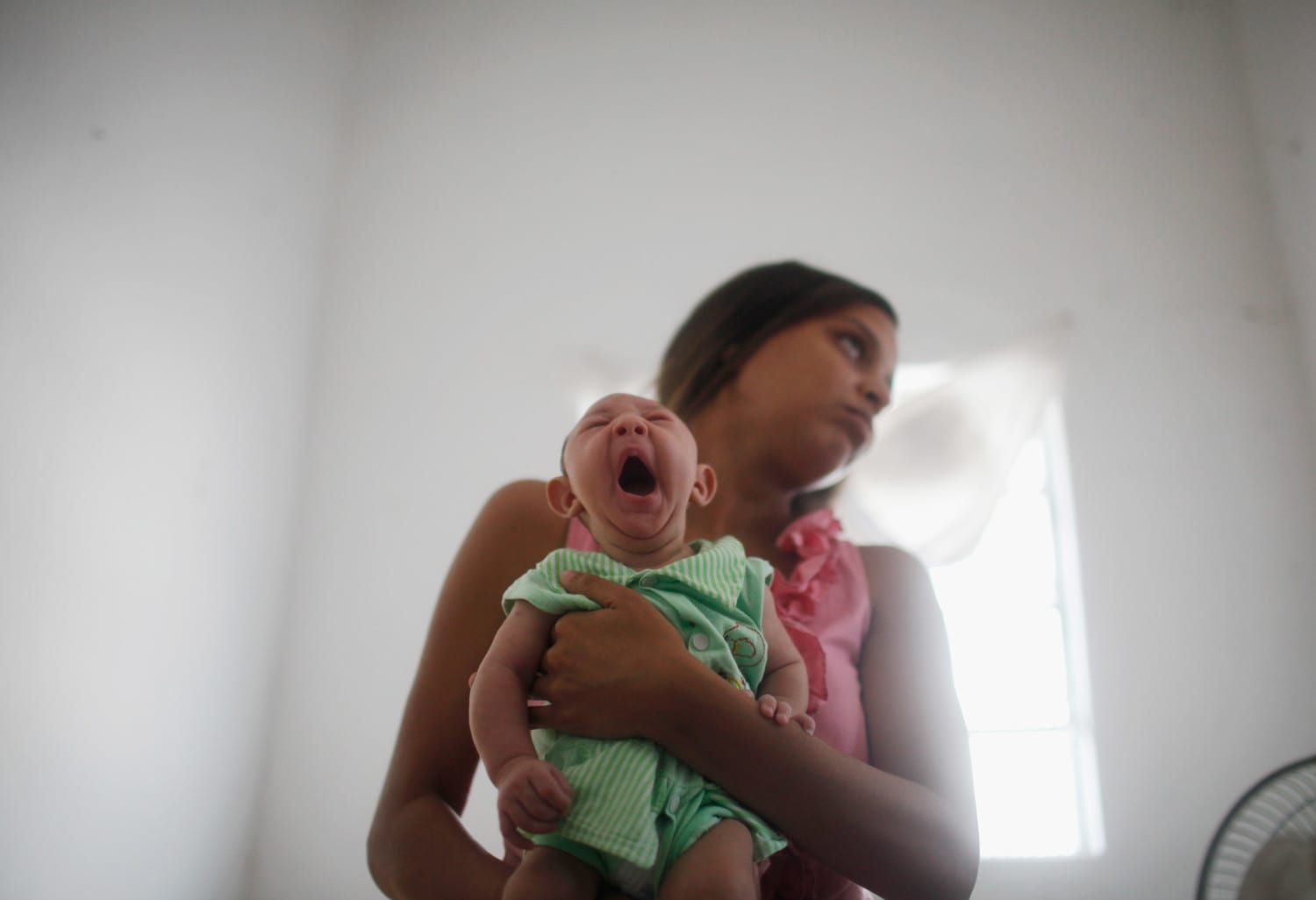Postpartum depression is more likely to affect moms of boys, according to a new study
A new study has found that new moms of baby boys and mothers who had complications during delivery are more likely to experience postpartum depression than other moms.
The correlation? Researchers think it has to do with inflammation.
The study, conducted by researchers at the University of Kent in England and published in the journal Social Science and Medicine, looked at the reproductive histories of 296 women from low-fertility populations in the United Kingdom. Among this group of women who responded to their survey, the researchers found that giving birth to a male baby increased the chances of developing postpartum depression (PPD) by 71 to 79 percent. The study also showed that having complications during delivery increased the odds of developing PPD by an incredible 174 percent.
Depression is linked with inflammatory immune responses, and the gestation of male fetuses is known to increase inflammation, which may explain the link between giving birth to boys and PPD.
The study’s researchers hope their findings will help health professionals identify patients who could be at higher risk for PPD — and get help for them more quickly than they did in the past.
“Postpartum (depression) is a condition that is avoidable, and it has been shown that giving women at risk extra help and support can make it less likely to develop,” Dr. Sarah Johns, co-author of the study, said in a press release. “The finding that having a baby boy or a difficult birth increases a woman’s risk gives health practitioners two new and easy ways to identify women who would particularly benefit from additional support in the first few weeks and months.”
Getting ahead of the problem for those at risk is a strategy echoed by the American College of Obstetricians and Gynecologists, which released new guidelines earlier this year, recommending that new moms follow up with their doctor three weeks after giving birth — three weeks earlier than the previous recommendation of six weeks.
“We also know that problems like postpartum depression and breastfeeding difficulties are more likely to get better if mothers get support in the first few weeks after birth, rather than muddling through until six weeks postpartum,” Dr. Alison Stuebe, an associate professor of obstetrics and gynecology at the University of North Carolina School of Medicine and co-author of the new guidelines, told Parents of the motivation behind the change.
Postpartum depression, which is also known as postnatal depression, is marked by depressed mood or severe mood swings and many of the symptoms associated with other kinds of depression, including sleep problems (sleeping too much or insomnia), loss of appetite or eating too much, withdrawing from family and friends, irritability, anger, hopelessness and anxiety. Moms experiencing PPD may also have trouble bonding with their baby, or even have thoughts about harming themselves or their baby.
If these symptoms last longer than two weeks, are worsening and are interfering with a new mom’s ability to care for her baby, she should seek medical help. PPD can be treated with psychotherapy, antidepressant medication or a combination of both.
According to the Office on Women’s Health, one in nine new moms deals with PPD. Though researchers have found that any new mom can experience PPD, there are some risk factors that can increase its likelihood of developing, including a personal or family history of depression, bipolar disorder or other mood disorders, recent stressful events, giving birth to multiples and giving birth to a baby with health problems or special needs.
Fortunately, more and more mothers (including celebrity moms) are speaking up about their experiences with postpartum depression, which means doctors, family and friends are more likely to be aware of the condition and offer help. There are other resources and guidance available to mothers as well, such as the hotline at PPD Moms (800-PPD-MOMS), the Department of Health and Human Service’s Office of Women’s Health, and the postpartum depression fact sheet at National Institute of Mental Health.








